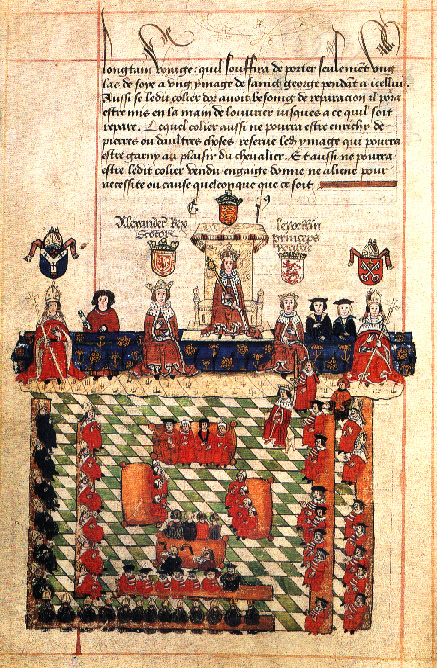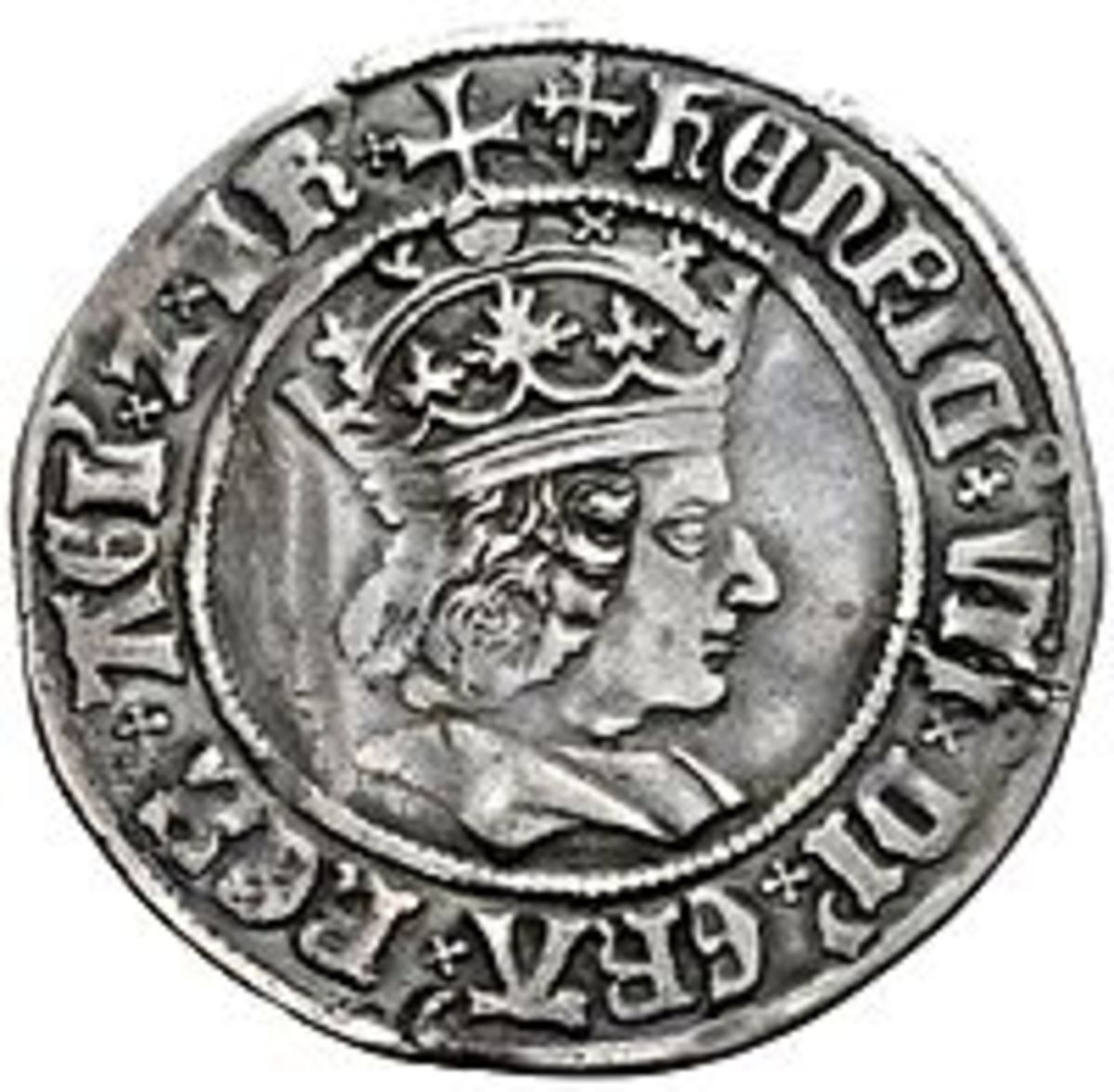- HubPages»
- Education and Science»
- History & Archaeology»
- History of Europe
English Bill of Rights 1689 - Parliament and Political Diversity
The English Bill of Rights of 1689 was a forerunner to the American Bill of Rights. It established restrictions on the Royal Family’s rights. One such restriction was the ban of the Royal Family’s dismissing of Parliament’s laws. If Parliament created a law, the Royal Family could not suspend the law. The most important aspects of the English Bill of Rights, however, were that it limited the right of raising money through Parliament taxation, and announced liberties such as freedom of debate in Parliament, freedom of elections, and freedom from cruel punishment. Also, the bill denied Roman Catholics of the throne because of the religious divisions that occurred when the Catholic James was ruling a mostly protestant England. It was created solely to control the power of the royal family, and to make them obey Parliament laws.
The English Bill of Rights grew out of the revolution of 1688. King James II fled from England and was succeeded by his daughter Mary and her husband William. When William III and Mary were crowned King and Queen in 1689, they were required to swear an oath stating that they would obey the laws of Parliament. The English Bill of Rights was then read to William and Mary, and they accepted the terms. This represents a major change in England. Man was beginning to be replaced by law as the official ruler. Later in 1689, William and Mary gave the bill “Royal Assent”, which put an end to the “divine right of kings” concept. Some have called this easy compromise of the Royal Family a “bloodless revolution”, because it brought about major revolutionary change without violence. It created a modern democracy, not only in England, but in many other nations.

The English Bill of Rights became a cornerstone to the US Constitution, and the UN’s Universal Declaration of Human Rights. Like the Bill of Rights, the US Constitution requires trial by jury and forbids excessive “cruel punishments”. Likewise, the UN’s Universal Declaration of Human Rights bans cruel, demeaning, and merciless punishments. Most, if not all, of modern American law can draw its roots from English common law. The U.S. Bill of Rights differs from the English Bill of Rights, although there are many similar elements in the first eight amendments.
Referring to the “6 constitutional principles”, the English Bill of Rights contains aspects of Limited Government and Separation of Power. Limited government states that no one is above the law. The English Bill of Rights stated that the Royal Family was not above the laws that parliament created. Separation of Power relates to the English Bill of Rights through the basis that now the King and Queen did not have all the power. They still had power, but it was divided more equally among the Parliament and the Royal Family. Thus, the King and Queen were now “kept in line”, and not out of control.
Today, the world is a good example of political diversity. This diversity began in England with the Bill of Rights. The Bill of Rights is still in the law of the United Kingdom, and is still used in legal proceedings. The English Bill of Rights affected many other nations. The Bill of Rights is also used in legal proceedings in New Zealand on a regular basis. In 1976, the Prime Minister was tried in court. They came to the conclusion that he acted illegally, because he violated Article 1 of the Bill of Rights, which states, “That the pretended power of suspending of laws or the execution of laws by legal authority without consent of Parliament is illegal”. Even though the English Bill of Rights was created more than three hundred years ago, its impact on the world can still be seen today.
Works Cited
Duhaime, Lloyd. "The English Bill of Rights." DUHAIME ORG. 1/April/2008. 1 Sep 2008
<http://www.duhaime.org/LegalResources/LawMuseum/VNA-110/1689-The-English-Bill-of-Rights.aspx>.
More Hubs by LeisureLife
- The Baroque Period of Music 1600-1750 European Classical
When considering the many periods of music which have existed throughout history, it is obvious that many periods have made long lasting contributions to music overall. However, the Baroque period is the... - Effects the Automobile has on Society and Changes in Cars Made by Generation
The invention of the automobile has brought more positive and negative effects than any other invention throughout transportation history. As the most widely accepted method of transportation, cars have... - Role of Music in Fugitive Pieces
In Fugitive Pieces by Anne Michaels, music helps make the sadness bearable. It relieves, even if only temporarily, the horrible feeling of surviving while others had died. It brings back memories of a time... - Mas N Steel Ensemble Musical Style Report - Percussion Band
Mas N Steel is a Trinidadian-Style steelband that contains percussion instruments called pans. This type of musical style originated in Trinidad and Tobago, where pans are the national instrument. Pans... - Gamelan Ensemble Percussion Based Music Style - Bali
Gamelan is an Indonesian word for ensemble or orchestra. Usually the term Gamelan is used in relation to percussion-based musical ensembles in Bali, Java, and other Indonesian islands. A...







